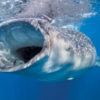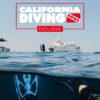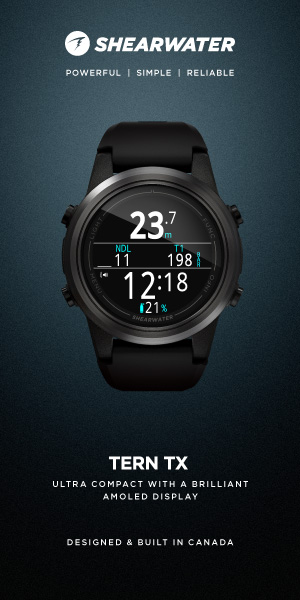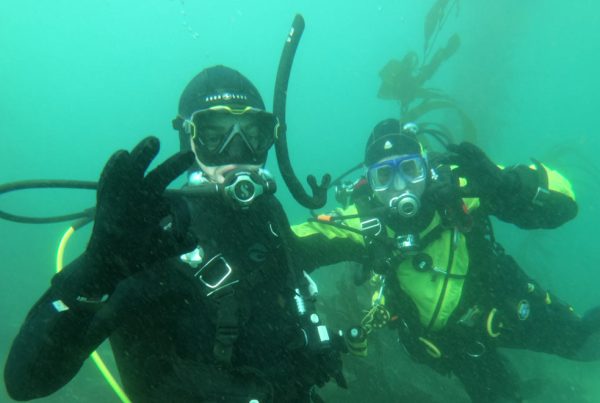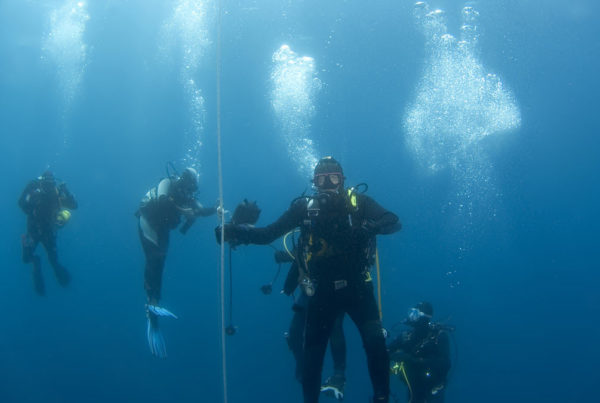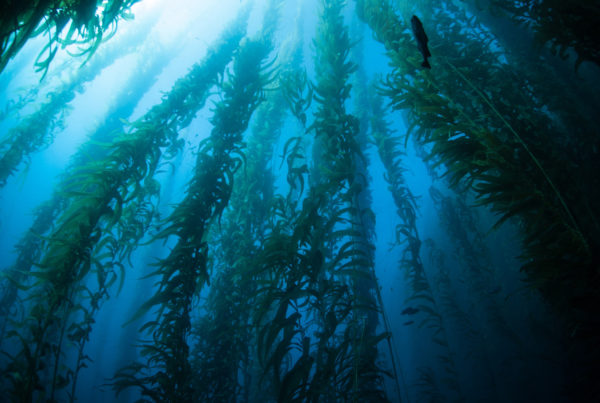Let’s say you are in the market for a buoyancy compensator. You’ll want one that is just right for your style of diving. It should fit you just right and be a good value. You even want a particular color accent. But there are so many choices! Do you just walk into a dive store and buy the first BC that matches the color in your wetsuit? Of course not. Wisely, you should first consult the dive pro at the store, talk to your diving friends, read reviews and look over advertisements and manufacturer’s websites.
Why is it then when we are shopping for an instructor, either for our own scuba certification course, a scuba course for a friend or family member, or for a class in continuing education, we just walk in and purchase the first offered? Consider the fact that the money we spend on dive education is often nearly as much as a major piece of gear. Also, our safety is just as dependent, if not more, on the competency of the instructor as it is in a regulator, BC, or tank.
As a diving consumer you need to take careful consideration on your selection of diving education, specifically, the instructor that will be delivering that education.
First, one instructor cannot serve all types of diving consumers. If you find an instructor that thinks they can, run from them because they are perhaps the worst kind of instructor—those who are so full of themselves as to not know their own limitations. That is just plain dangerous.
ASSESS YOUR NEEDS
Just what is it you want to accomplish in the water? With lobster season, for example, many divers have an interest in night diving. A night diving course would be good but you can also get an introduction to night diving in an advanced diver course. An underwater hunter specialty course might also be in order.
Knowing what you want to do in the water is also an important factor when it comes to the selection of a basic scuba certification class. Content can vary widely. Some basic certifications include experience in beach diving, others do not. Of course you can get certified in a warm water exotic destination, but that may leave you poorly qualified to dive California’s chilly waters.
You’ll also have to take into consideration your personal schedule. Some instructor’s schedules are more flexible than others. If you miss a class or a dive, are there make-up days? You may want to seriously consider a private or semi-private class. While more expensive they are often cost effective when you consider you can customize your schedule more easily. They are also usually less expensive if you bring together a small group that can agree on a schedule. A side benefit of a private course is you can sometimes gain certification in just a few days of intensive training.
What are your personal needs? If you are new to diving perhaps you are more apprehensive then most in spite of your intense interest in the underwater world. If you feel you will need more patient, personalized attention, you need to let your instructor know from the very beginning. Can they accommodate you? For an instructor to be effective they need to fit your style in an instructor/student relationship. For example, some students do well in a militaristic highly disciplined environment of training. Others do not.
CONSIDER YOUR RESOURCES
In shopping for diving education, there are many considerations, least of which ought to be is cost. While it is understood that you need to take into account your financial resources, all too often choices in dive courses are made on dollar amount alone. While most courses are good and safe, regardless of cost, sometimes corners are cut or courses are rushed on cheaper classes. It often leads to unpleasant experiences in the water and sometimes dangerous situations. And if corners are cut, weaker students could be graduated with less than the best skills. Also ask what is included with the course. A class may seem a great bargain at first, but when you factor in books, rental gear, dive trips, etc., your actual cost could be higher than if you had gone with the more expensive course offered by a competitor.
A great benefit of living in a major metropolitan area is the many choices we have as a consumer. But get away from the big cities near the coast and choices in diving education lessen. Also, if you are looking for something highly specialized, such as training in technical diving, your choices could be limited even further. If this is the case, don’t limit yourself to just instructors tied directly to dive stores. Independent instructors operate free from restrictions of professional dive centers (but still within the standards of the professional training agencies). Some work closely with one or more dive centers, providing services they cannot normally offer, such as private courses or specialized training.
SELECTING AN INSTRUCTOR
No doubt the first hurtle you will find yourself trying to overcome is that of the dive training “alphabet soup.” SSI, PADI, and NAUI are just a few of the national and international certification agencies under which instructors operate. They provide the standards to which the instructors must comply. Many instructors are certified under more than one. All have some sort of way or recording and dealing with troublesome instructors. Suffice to say that the war over which agency you should be trained by is overrated. Much more important is the quality of the instructor. If they are good, they will have picked the right agency that works within their system of instruction.
Whether an instructor is qualified or not is more the function of two factors. First, how long have they been teaching and how many students have they certified. Second, how many dives have they themselves made, particularly in the specialty in which they are teaching. Instructors for underwater photography should be able to show you an excellent portfolio of underwater photos, and perhaps even be published. Want to learn underwater hunting? Your instructor needs to show some photos of his best catches. Technical diving instructors should be able to display logs of some of their more challenging dives.
In shopping for instruction, communicate with the instructor personally before sign up. Find out how long the instructor has been teaching and how many certifications have they delivered. What kind of certifications were they? If you are looking for a Nitrox class, find an instructor that has heavy experience in Nitrox diving and certifications.
Perhaps your best tool in screening an instructor is referrals. What did past students think of the instructor’s abilities and style? Ask if you can contact students from their most recent class. Ask around at a local dive club—an excellent resource.
WHERE TO LOOK FOR AN INSTRUCTOR
The obvious first answer to the above question is at your local professional dive store. But as good as their collection of instructors may be, no dive store can offer a full cache of fully qualified instructors for all specialties and all student-learning styles.
As previously mentioned, independent instructors are an excellent resource to fill in for specialized dive education needs. Finding a qualified independent instructor, however, can be difficult. Some dive stores will refer you but many will not. There is always the yellow pages, but a big ad does not necessarily mean the instructor is best for you.
A new online service is an excellent answer for those looking for scuba education from independent instructors. Dive-Instructors.com give a central online location for underwater enthusiasts to locate and evaluate independent instructors in their area. Dive-Instructors.com does not endorse the instructors posting pages on their web site but does screen the candidates to ensure they are fully qualified. Each instructor’s page contains information on their background, qualifications and referrals.
Most important in shopping for dive education is matching the student’s needs and learning style with that of the instructors qualifications and teaching style. Considering your needs in scuba instruction is not just as simple as figuring out whether you need an instructor for an Advanced Diver course versus a Nitrox course. You must also keep in mind what kind of student you are. This is particularly important if you are still a relatively new diver, lacking the comfort level of more experienced certified divers. You will likely need an instructor that is more patient and willing to spend more time in difficult, sometimes fearful moments.



